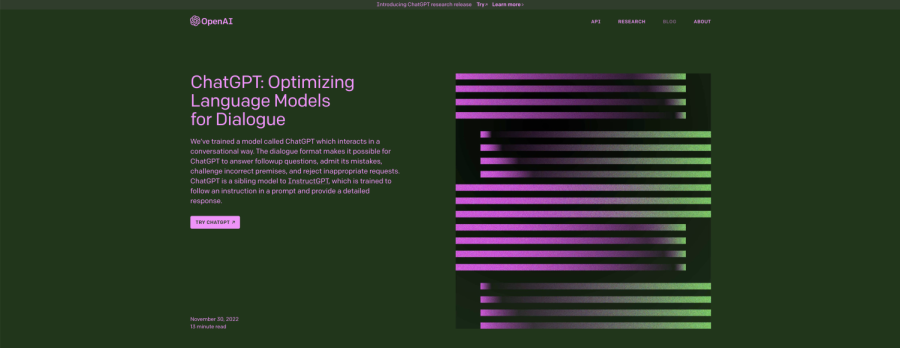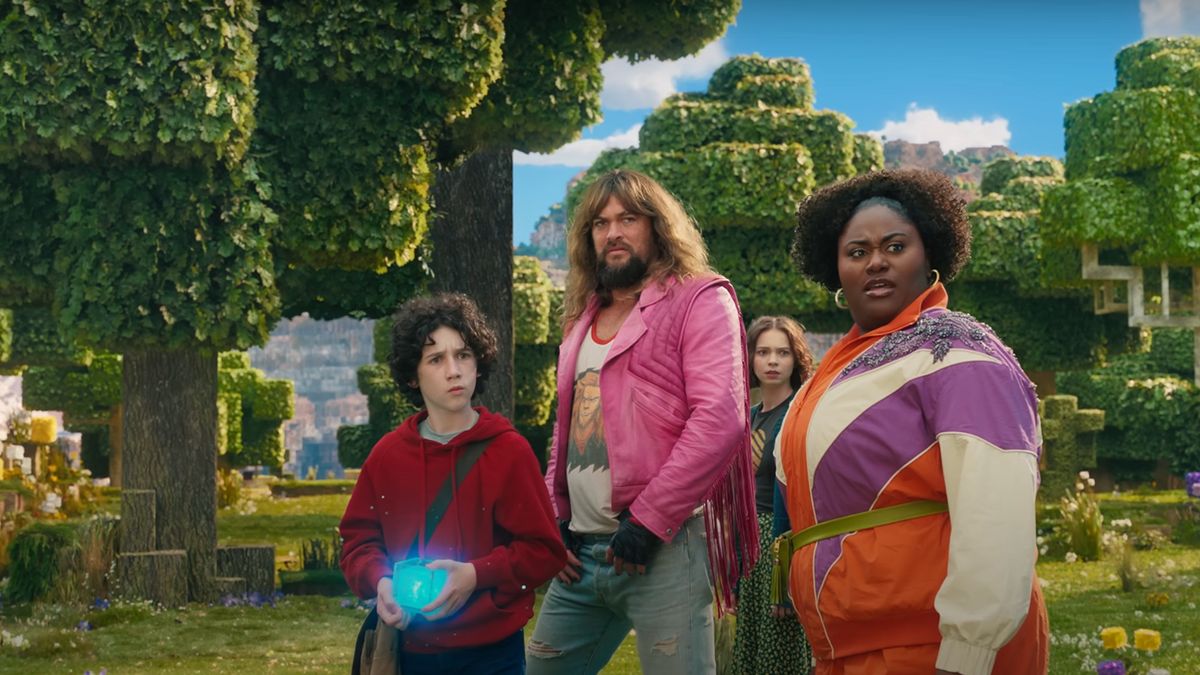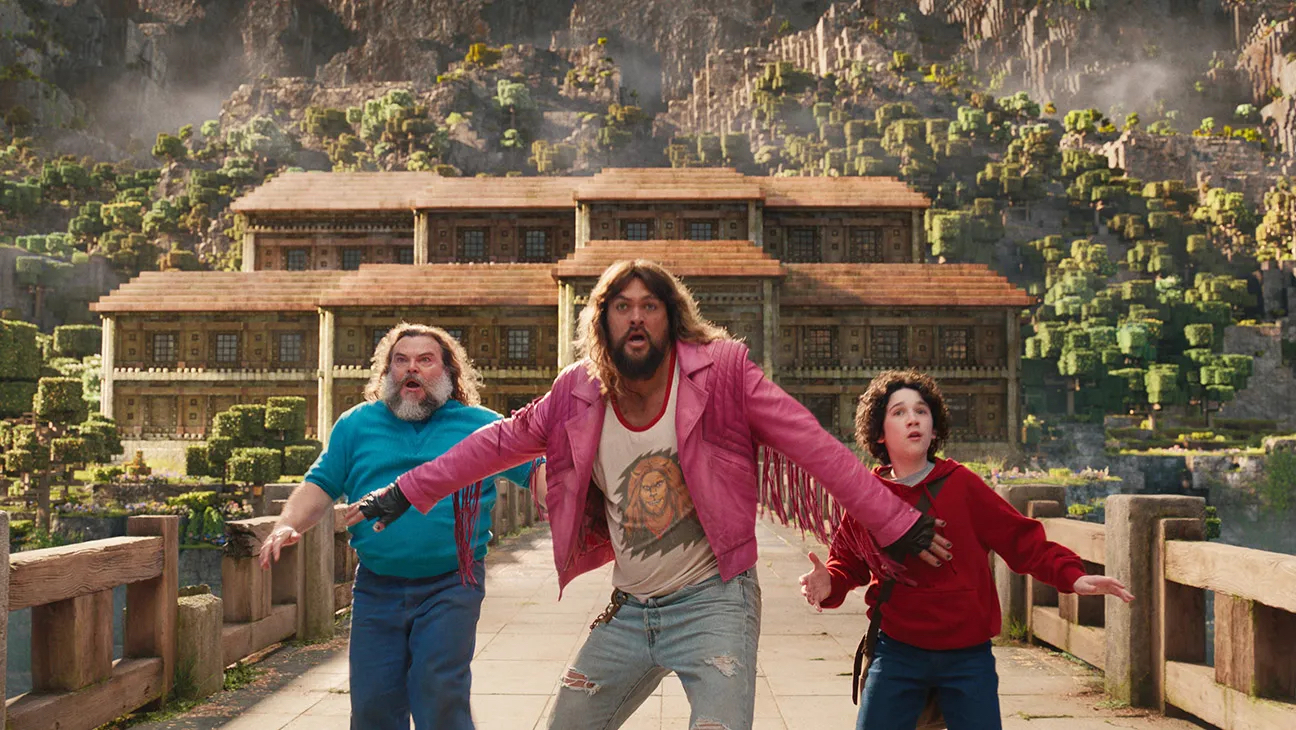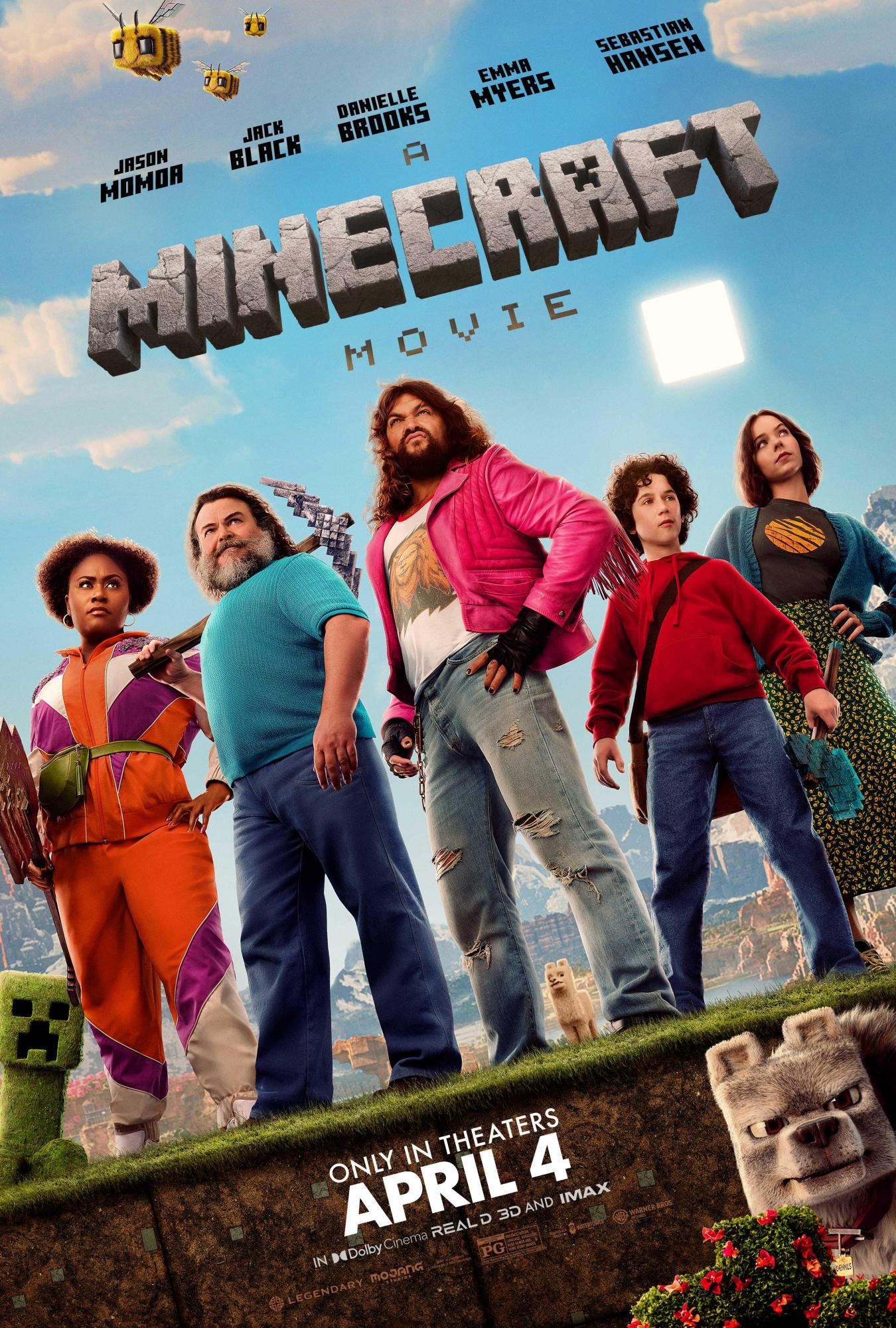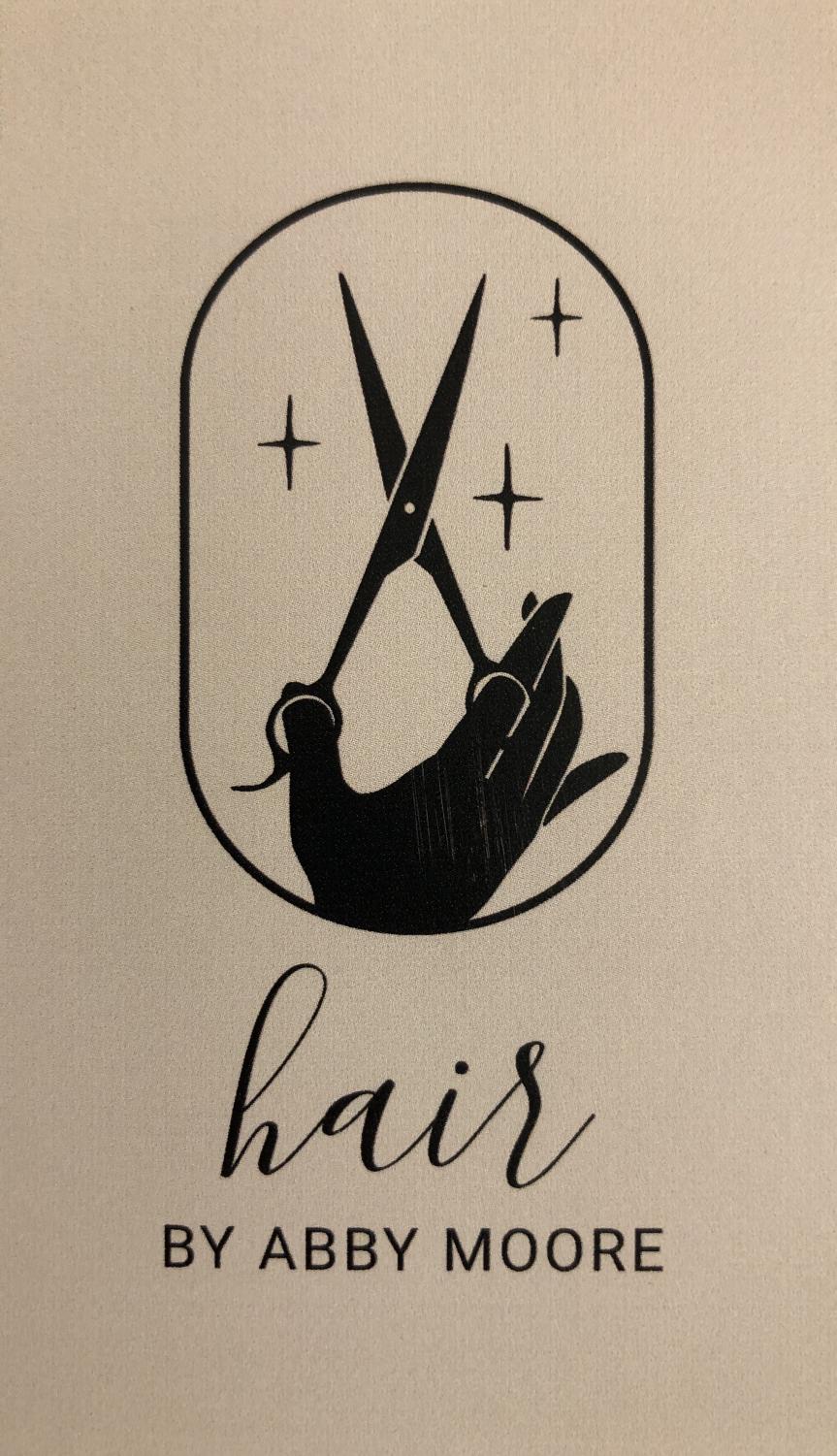Revolutionary AI, ChatGPT, Worries Educators
February 10, 2023
The GPT in Chat GPT stands for “Generative Pre-trained Transformer.” It is a type of language model developed by OpenAI that is able to generate human-like text. One of the key features of GPT is its ability to generate text that is difficult to distinguish from text written by a human. It has been trained on a large dataset of human-generated text, which has allowed it to learn the patterns and structures of human language. Its ability to generate human-like text and accurately translate between languages makes it a valuable tool for a variety of industries and applications. GPT has also been used to create text generators that can produce a wide range of written content, including articles, stories, and poems… like this introduction.
Yes, Chat GPT, a revolutionary artificial intelligence, wrote the introduction for this article in approximately 15 seconds.
ChatGPT is taking the world by storm, specifically writers. The bot has a remarkable ability to gather information from the internet in only a matter of seconds and make stories based on your command. It was launched by OpenAI, an artificial intelligence company, on November 30, 2022. It can write in various prompts like essays, poems, stories, and articles. And not only can it write other prompts, but it can also write in several languages, even morse code.
Having a bot that can write your last-minute essay in only seconds seems very handy, but English teachers are growing concerned about the spread of Chat GPT.

“It’s almost like the authorities trying to catch up with the criminals,” Jake Shockley, an English teacher at MCHS, explained. “As far as being a teacher goes, we are going to have to constantly come up with ways to make sure students aren’t using ChatGPT as a way to get out of an assignment.”
Shockley heard about ChatGPT before winter break when most English teachers assign essays for finals. He says that most students weren’t aware of ChatGPT, but it was good to have his radar up. Shockley’s primary concern is how dependable on technology we are becoming. “If nobody has to think or know anything, and we all just rely on AI, we’re going to have a world full of idiots.” He talks about how ChatGPT will open doors to more advanced AI systems and that it could change how we operate in good and bad ways.
MCHS English Program Leader Courtney Arrowood stated, “I’m sure there will be people out there who will ask if we even need to teach kids writing anymore.”
Arrowood continued, “Human beings are just naturally lazy, we just are, and if there’s an easier way to do something, the majority of people are going to take it. My biggest concern is that I’m going to have more students taking the easy way, and they’re going to miss out on learning how to have original thoughts and how to express themselves.”
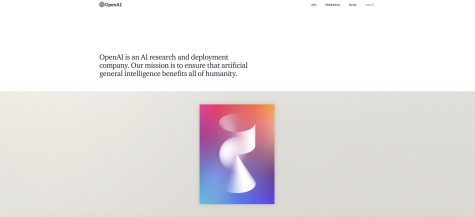
Nick Biallas, a junior at MCHS, learned about ChatGPT on the popular app TikTok.
“Personally, I think it can provide an easier way for students to look up information. It can clarify things that you’re learning about in subjects like math or science.” Biallas said he is not worried about the site but excited for it to grow and improve.
ChatGPT has already infiltrated the world outside of MCS as well. The Bing search engine owned by Microsoft is attempting to incorporate ChatGPT into its searches. Also, Redditors on programmer subreddits claim to have ChatGPT do work for them while accomplishing other personal tasks.
Whatever the future holds, it may be up to the students to decide how they use artificial intelligence concerning their education.
“Overall, students at Madison are still going to try to make it on their own merits, and you’re always going to run into a cheater here and there. ChatGPT is just going to make it harder to catch,” Biallas said.
It’s important to note that GPT isn’t without limits and faults, such as biases based on what it was trained on and potentially being used to spread misinformation. Regardless, this should not take away from the progress in creating ChatGPT and AI models like it. These models have the opportunity to change how we interact with language and technology and will undoubtedly lead to more exciting models in the future.
